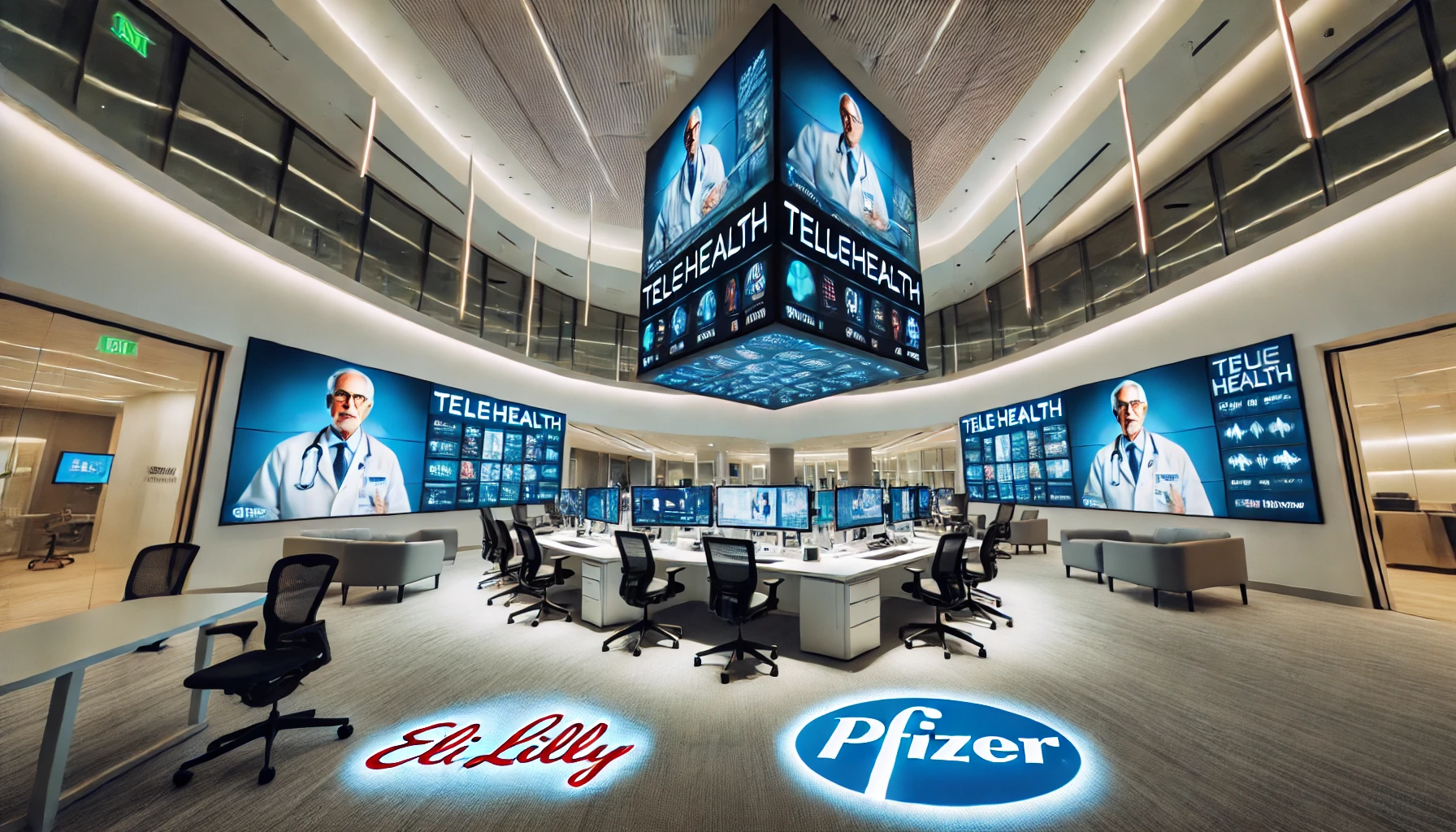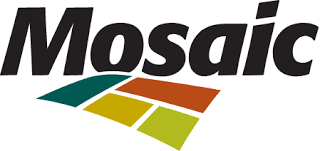
Eli Lilly and Company (NYSE: LLY) and Pfizer (NYSE: PFE) are revolutionizing healthcare with new telehealth platforms. Discover how this shift is transforming patient access and industry dynamics.
Why Major Pharmaceutical Companies Are Investing in Telehealth
This year, major pharmaceutical companies, including Eli Lilly and Company (NYSE: LLY) and Pfizer (NYSE: PFE), have ventured into direct-to-consumer telehealth strategies, prompting a reevaluation of the industry's approach to patient engagement and medication distribution.
Eli Lilly and Company’s Telehealth Push
Eli Lilly and Company (NYSE: LLY) took the lead by launching its direct-to-consumer telehealth platform, LillyDirect, in January. This initiative aims to combat unauthorized copies of its popular GLP-1 medications by providing direct access to telehealth consultations and prescription deliveries for obesity, diabetes, and migraines. The strategy is designed to safeguard its intellectual property and enhance customer loyalty by offering a seamless online experience.
Pfizer’s Strategic Shift
Similarly, Pfizer (NYSE: PFE) is leveraging its established brand recognition from COVID-19 vaccines to bolster sales in other therapeutic areas. PfizerForAll, its new platform, focuses on providing telehealth services and prescription deliveries for migraines and respiratory vaccines. The company aims to capitalize on its existing customer base and expand its market reach through direct-to-consumer engagement.
Market Trends and Consumer Preferences
The shift towards telehealth is driven by a broader market trend favoring online health solutions. Data indicates that patients increasingly prefer the convenience of acquiring prescriptions and medications through digital platforms. This preference is reflected in net promoter scores (NPS), a measure of customer satisfaction and loyalty. Platforms like Ro, Hims & Hers (NYSE: HIMS), and GoodRx (NASDAQ: GDRX) have demonstrated high NPS scores, underscoring the appeal of online health services.
Impact on the Pharmaceutical Industry
The adoption of direct-to-consumer models by pharmaceutical companies is transforming traditional healthcare delivery. These new digital platforms provide valuable insights into consumer behavior, enabling companies to refine their strategies and improve patient engagement. This shift is particularly relevant as patient preferences move increasingly towards online interactions, driven by convenience and accessibility.
Challenges and Opportunities
Despite the potential benefits, the transition to direct-to-consumer models presents challenges. Recent failures in retail health ventures highlight the difficulties of consumerizing healthcare. However, the success of specialized telehealth services suggests that well-executed digital strategies can address specific patient needs effectively.
Pharmaceutical companies face the task of integrating these new models while navigating the existing prescription system, which is often influenced by pharmacy benefit managers (PBMs) and insurers. The direct-to-consumer approach has the potential to disrupt traditional practices and streamline medication access, though its long-term impact on costs and patient outcomes remains to be seen.
Future Prospects
The success of Eli Lilly and Company (NYSE: LLY) and Pfizer (NYSE: PFE) in their direct-to-consumer ventures could set a precedent for the industry. As these companies continue to refine their digital strategies, other pharmaceutical firms are likely to follow suit. The evolution of telehealth could lead to greater investment in digital health solutions and a potential shift in the traditional pharmaceutical model.
Overall, the push towards direct-to-consumer telehealth platforms represents a significant shift in the pharmaceutical industry, reflecting changing consumer expectations and technological advancements. Whether this will lead to a new standard in healthcare delivery or simply augment existing practices remains to be seen.
Disclaimer:
The information provided in this article is for educational purposes only and should not be construed as investment advice. estima...
Author
The Editorial Team at estimatedstocks.com is a dedicated group of financial market analysts, researchers, and writers committed to providing accurate, timely, and insightful content for investors and financial enthusiasts. With a deep understanding of global markets, macroeconomic trends, and investment strategies, the team at estimatedstocks.com ensures that readers are well-informed to make smart financial decisions. Our editorial team specializes in analyzing stock performance, market trends, and economic indicators, offering expert commentary and in-depth reports on the ever-evolving world of finance. We aim to bridge the gap between complex financial data and practical investment insights, making the markets accessible to everyone—from seasoned investors to those just starting their financial journey. At estimatedstocks.com, our content is driven by thorough research, critical analysis, and a commitment to delivering objective, fact-based reports. Whether it’s stock market forecasts, company earnings reviews, or sector-specific deep dives, the Editorial Team is focused on helping our audience navigate the financial landscape with confidence. Our mission is to empower investors by providing them with the tools and knowledge to make informed decisions in an unpredictable market.


